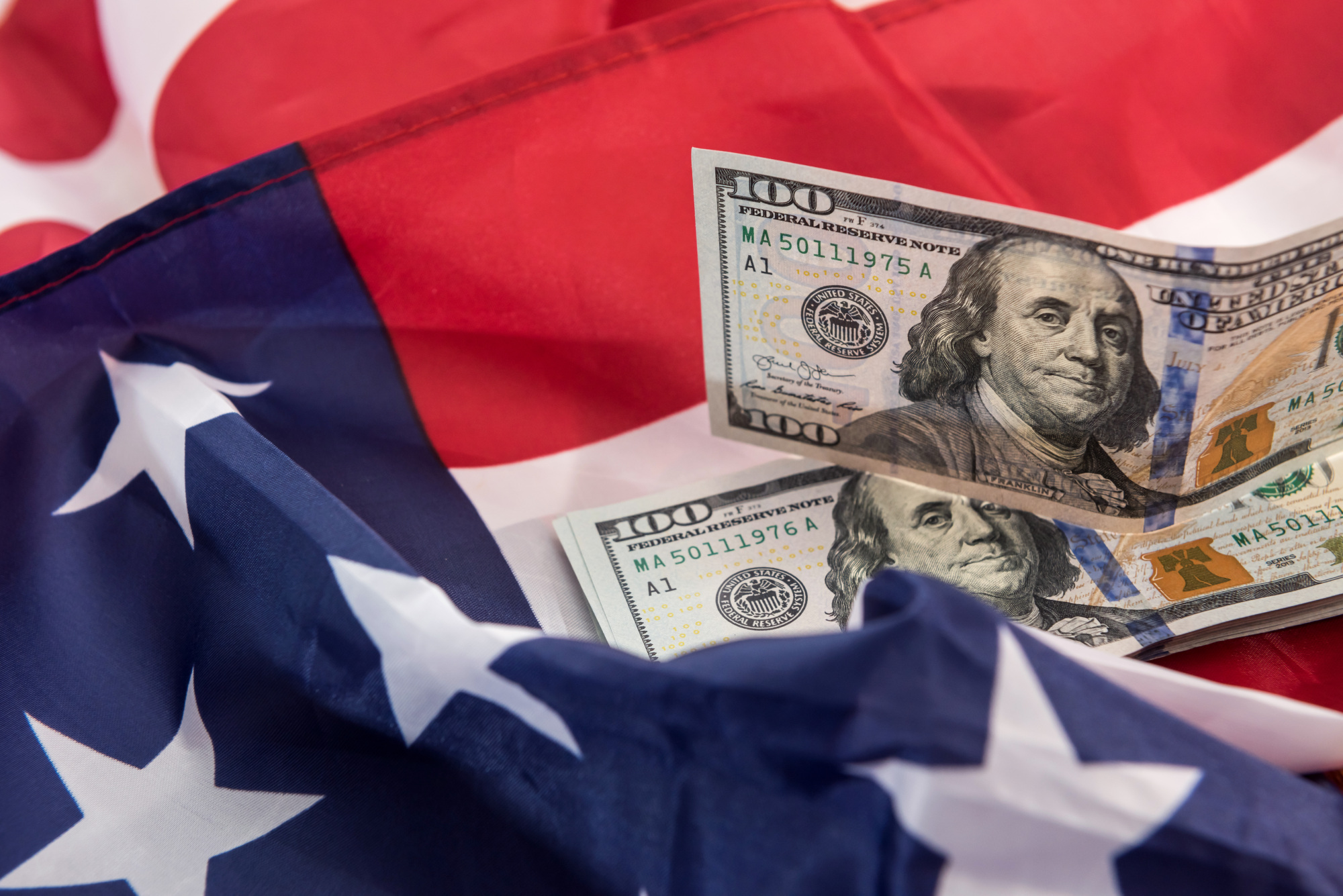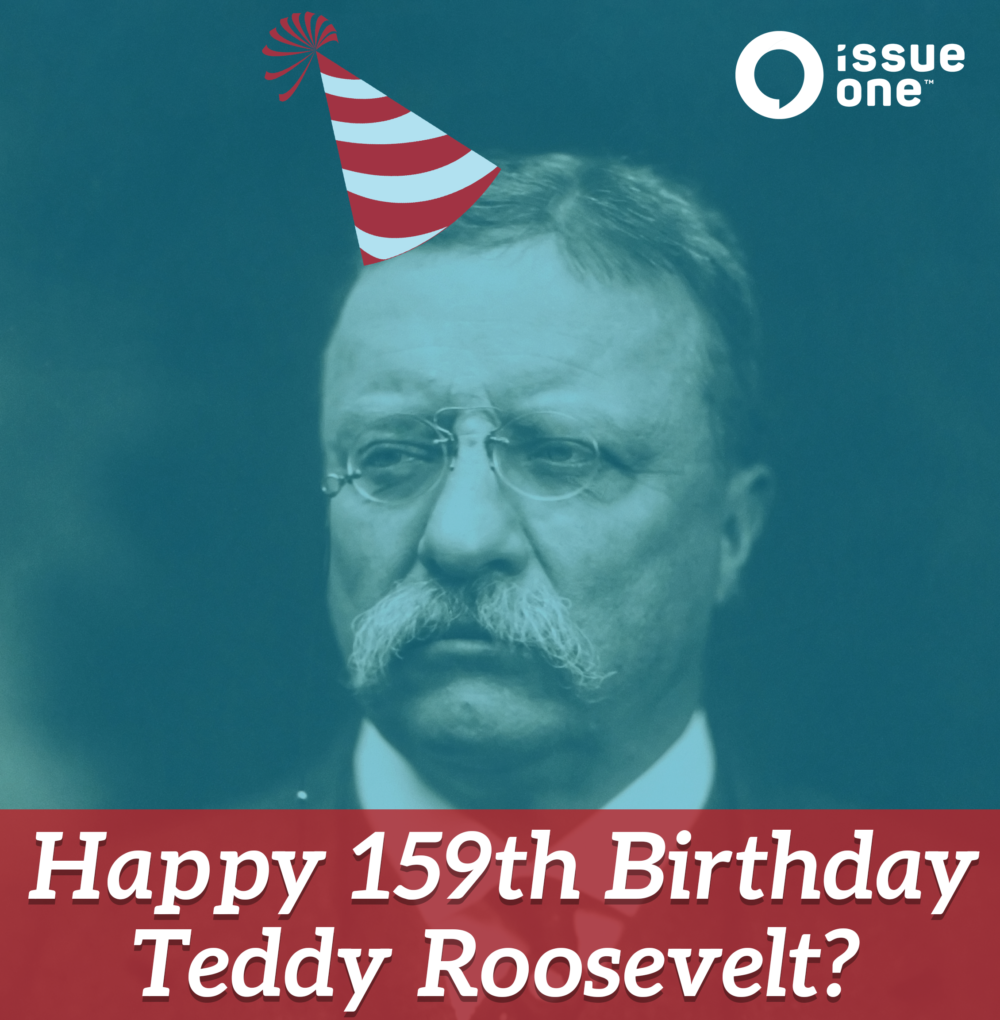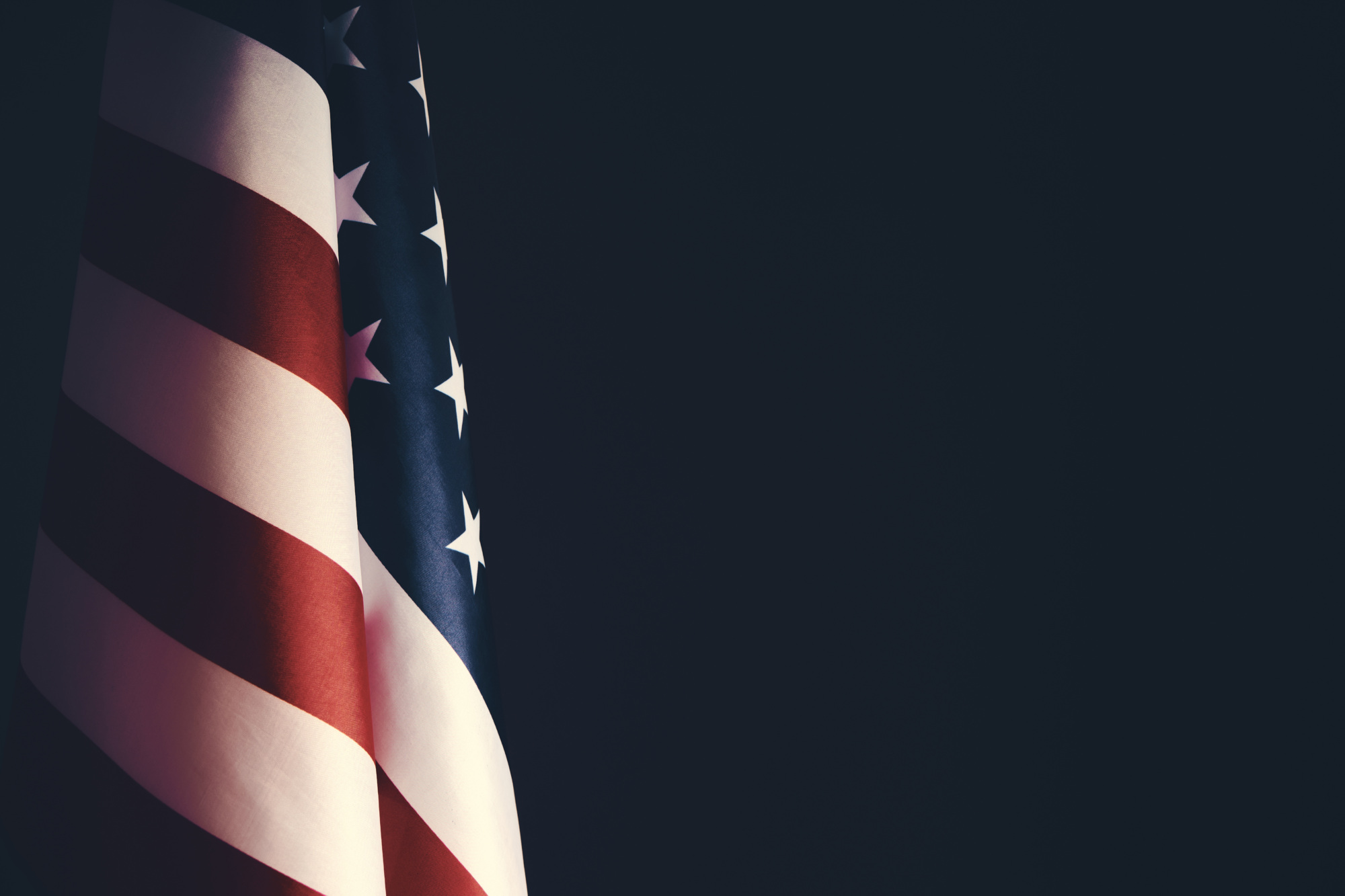Today marks the day that Theodore Roosevelt would have turned 159 years old. If he were still alive, the Republican from New York who served as our 26th president would likely be dismayed at the role corporations are playing in elections today.
110 years ago, in 1907, Roosevelt signed into law an anti-corruption measure known as the Tillman Act. This prohibited corporations from contributing money “in connection with political elections.”
While corporations are still barred from directly giving money to federal candidates and political parties, they are now more empowered than ever to spend money on political advertisements — or give money to organizations, such as so-called “super PACs” and “dark money” groups, that may use unlimited corporate funds to bankroll ads.
This is because, in a now-famous 2010 case called Citizens United v. Federal Election Commission, the U.S. Supreme Court ruled that corporations, including certain nonprofit corporations, may use their general treasury funds for political advertisements that overtly call for the election or defeat of candidates.
While it’s true that many companies know that political spending can unleash a public relations nightmare, dozens of high-profile companies have been increasingly utilizing these new avenues of influence in the wake of Citizens United, and scores of corporations are spending money through more secretive, “dark money” groups that don’t have the same legal requirement to disclose their donors that super PACs do.
For instance, last year in Nevada, the app-based ride-sharing company Uber sponsored campaign mailers and e-mail messages to its riders and drivers urging the reelection of Republican Assemblyman Derek Armstrong, as veteran journalist Jon Ralston reported.
Meanwhile, at the federal level, roughly three-dozen publicly traded companies donated to super PACs ahead of the 2016 election, according to research by the Committee on Economic Development. About a dozen of these were Fortune 500 companies.
The most prominent of these corporate super PAC donors? Oil giant Chevron, which has donated $7.75 million to super PACs focused on electing Republicans to Congress since the Citizens United decision in 2010, including roughly $1 million so far this year.
In recent years, a group of congressional Republicans have advanced energy industry-friendly policies, including lifting a 40-year ban on exporting crude oil, and Chevron’s CEO this year praised Republican President Donald Trump for helping create “a more pro-business environment.”
Other notable publicly traded companies taking the leap into super PAC politics include for-profit education company Apollo Education Group, payday lender QC Holdings and the GEO Group, a private prison company that contracts with the federal government to house prisoners as well as undocumented immigrants who are in the United States illegally.
GEO Group’s contributions include $225,000 to a super PAC that supported Trump’s presidential bid and $25,000 in February to a super PAC supporting Republican U.S. Senate candidate Josh Mandel, the current state treasurer of Ohio. Earlier this year, Trump’s attorney general reversed President Barack Obama’s decision to phase out the federal government’s use of private prisons.
Even hamburger chain White Castle and convenience store chain 7-Eleven have each made five-figure contributions to super PACs since Citizens United.
All the while, “dark money” groups are proving to be an even more popular vehicle for corporate political spending.
To wit: The U.S. Chamber of Commerce, which does not disclose its donors, has spent $100 million on political ads that overtly called for the election or defeat of federal candidates since 2010 — exactly the type of political spending Citizens United enabled.
Meanwhile, Pharmaceutical Research and Manufacturers of America — the trade association for the nation’s top drugmakers — spent $1 million to bankroll a “dark money” organization called Freedom Path, which helped Republican Sen. Orrin Hatch (R-UT) beat back a conservative primary challenger during his 2012 reelection campaign. The main reason this corporate involvement came to light was because of an article I authored as an investigative reporter at the Center for Public Integrity. During the election itself, however, it was unknown who was financing Freedom Path.
The Center for Public Integrity also recently revealed the lengths through which some corporations went to secretly support influence efforts during the 2016 Republican National Convention. Diligent reporting uncovered court records that showed how more than a dozen companies — including Comcast, Microsoft, Chevron and AT&T — combined to give more than $1 million to an opaque entity known as “Friends of the House 2016 LLC,” which funded the construction of a plush hideaway for lawmakers at the GOP convention in Cleveland.
Without more robust disclosure rules, it’s unknown how many other blue-chip companies are steering corporate funds into secretive, politically active organizations. What is known is that in the years since Citizens United, some corporations have been more than willing to take the new political groups ushered in by the Citizens United decision for a test drive — especially those that offer companies the most anonymity.
Contrary to what some people are asserting these days, companies remain major players in the politics game. The unfortunate reality — known by Americans across the country — is that special interests today have an outsized influence on politics and policymaking.
Were he still alive, we’d like to think that Theodore Roosevelt would be a proud member of Issue One’s bipartisan ReFormers Caucus that is working to strengthen democracy, ensure full transparency of election spending and increase the participation of ordinary Americans in our political system.






